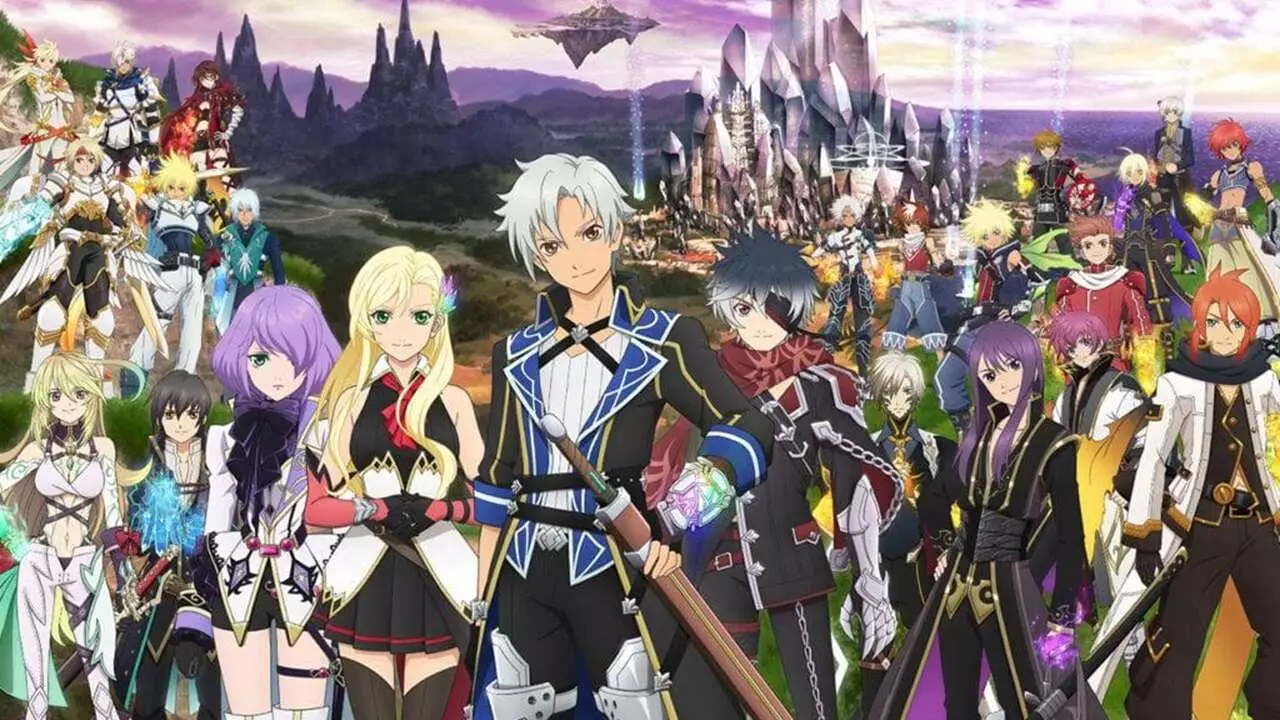The video game industry is no stranger to fluctuations, but recent reports indicate that Bandai Namco is grappling with significant challenges. Amid a broader trend of layoffs in the gaming sector, the company has made the difficult decision to cancel several anticipated titles, including games anchored in popular franchises such as One Piece and Naruto. The cancellation of these titles not only signifies a loss of potential revenue but also risks alienating a loyal fanbase deeply invested in these narratives. When beloved franchises are suddenly sidelined, it engenders disappointment among consumers and raises questions about the company’s strategic direction.
According to a Bloomberg report, the restructuring of Bandai Namco isn’t just about project cancellations; it is coupled with unsettling human resource tactics. The company has allegedly employed a controversial method known as oidashibeya, or “expulsion room,” where employees are placed in a state of limbo, left unassigned to work, thus increasing pressure for voluntary resignations without severance benefits. This practice, criticized for its psychological implications, has reportedly led to around 100 employees resigning. Despite internal dissent, a Bandai Namco representative has denied such claims, affirming that project discontinuation is based on “comprehensive assessments.” The disparity between public statements and reported practices raises concerns about transparency and employee welfare within the organization.
In addition to terminating titles based on famed licenses, the report outlines the cancellation of an unnamed contract project with Nintendo, further highlighting the company’s strategic withdrawal from certain collaborations. The loss of potential partnerships can hinder innovation and reduce competitive positioning in a fast-evolving market. Other projects have not fared any better; for example, the long-running mobile game, Tales of the Rays, and the MMO Blue Protocol are both set for removal, hinting at a broader retraction strategy. While Bandai Namco’s decision to discontinue these projects could be seen as a prudent measure to realign its focus, it simultaneously underlines a risk-heavy strategy that could detract from its portfolio diversity.
Despite the stumbling blocks, it’s worth noting that Bandai Namco has experienced notable successes, evidenced by the impressive launch of Dragon Ball: Sparking Zero, which sold over 3 million copies in just 24 hours. This achievement illustrates that the company retains the ability to produce hits that resonate with audiences, even when faced with adversities. However, the juxtaposition of this accomplishment against the backdrop of multiple cancellations underlines a significant challenge: sustaining momentum and consumer confidence while navigating an uncertain future.
As Bandai Namco embarks on this uncertain path of restructuring and project cancellations, the onus is on them to restore trust among both employees and fans. With qualities such as transparency and innovation being crucial for long-term success, the company must reevaluate its operational strategies without compromising its relationship with its gaming communities. Ultimately, how Bandai Namco handles these challenges will dictate its trajectory in a rapidly evolving video game landscape.


Leave a Reply